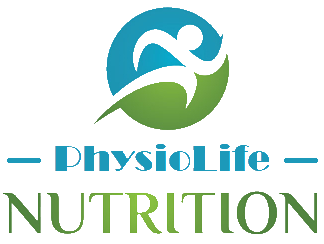
Everyone needs fiber in their diet, yet who really knows anything about it? Fiber is the part of plants that you do not digest. When you strip away the vitamins, minerals, carbohydrates, protein, and fat, what you are left with is fiber. Some plants have more fiber than others, like legumes are very rich in fiber (upwards of 20 grams for a half cup) whereas an onion has barely any (0.2 grams in 1 tbsp). In many fruits and vegetables, like apples and potatoes, the most fibrous part is the peel. By eating your fruits and vegetables whole you can greatly increase your fiber intake.
There are two types of fiber, soluble and insoluble. Soluble fiber is the type that will dissolve in water. This means that it is absorbed into your blood stream along with the water you take in and helps to lower cholesterol and blood sugar which is incredibly beneficial for people who suffer from coronary diseases or diabetes. This type of fiber is found in products such as oats, nuts, seeds, legumes, fruits, and vegetables. Insoluble fiber cannot be dissolved in water. This means that your body will not absorb it at all and it will simply pass through you. So why do you need it then? Insoluble fiber is very important for digestion. This fiber helps your digesta to move through your gastrointestinal tract at a proper rate. When you don’t have enough you are constipated, and when you have too much you get diarrhea. This is incredibly important because constipation can lead to diseases such as diverticulitis and colon cancer. This type of fiber is found in nuts, whole wheat flour, wheat bran, fruits and vegetables.
Eating too much or too little fiber can be detrimental to your health. Too little and you are constipated and have more difficulty controlling blood glucose and cholesterol levels. Too much and you suffer from gas, bloating, diarrhea, and may interfere with nutrient absorption. It is recommended that you eat between 20 and 35 grams of fiber per day. If you are not currently eating that much, slowly work your way up; increasing fiber levels too much can cause gas, bloating, and diarrhea.

Refer to http://www.wehealny.org/healthinfo/dietaryfiber/fibercontentchart.html for a list of common foods and their fiber content.
If you cannot get enough fiber in your diet through foods, there is also the option of supplementation. There are many different products on the market now. It is important that you look at the ingredients of the products you are buying. You want to avoid any that have added sugars, dyes, or artificial flavorings. You want your products to be natural and made from real food sources. Some good options to look at are PhysioFiber or Raw Fiber and Super Seed by Garden of Life.
